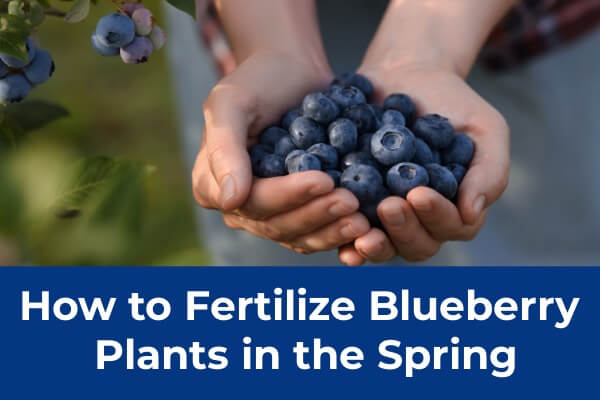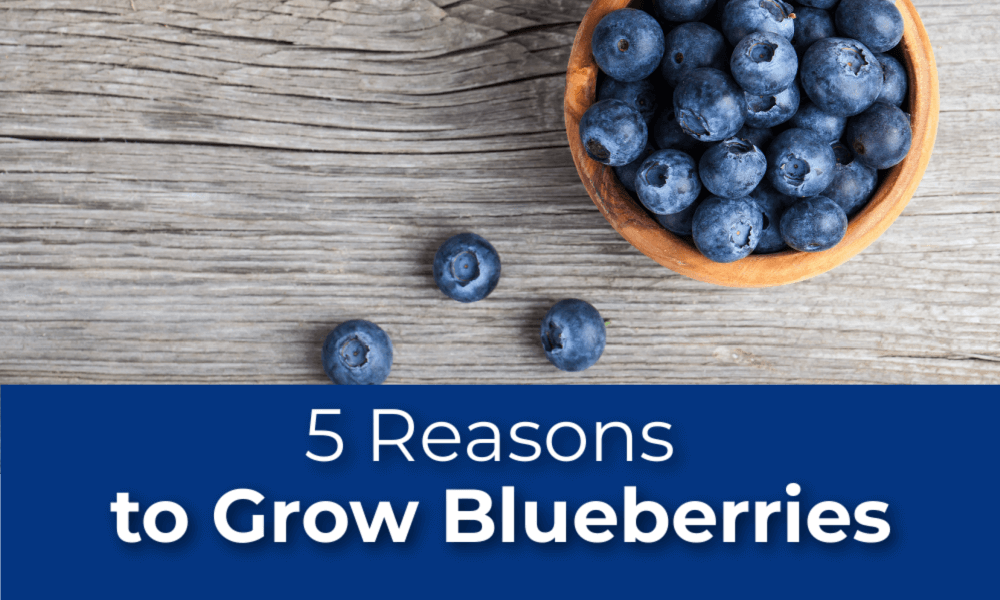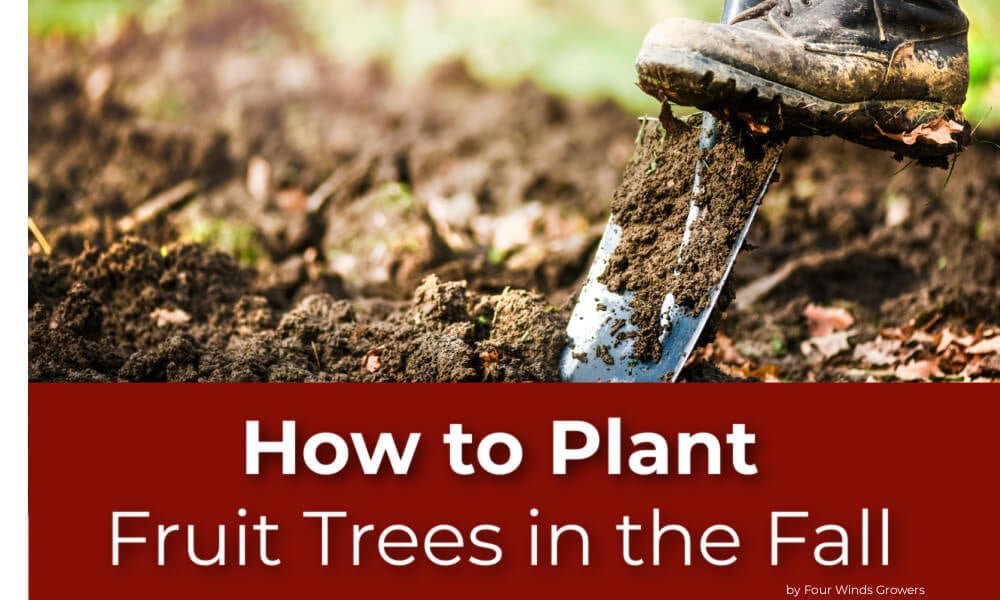Table of Contents
Why You Need to Fertilize Blueberry Plants
Blueberry plants thrive when given the right nutrients at the right time. Proper fertilization is key to ensuring lush foliage and strong root development which will ultimately provide an abundant harvest. Fertilizing is important not only for new blueberry bushes, but also for maintaining mature plants. Here are some tips on how to fertilize blueberry plants.
First Year/ New Plants: How to Fertilize Blueberry Plants in the Ground:
When planting blueberries in the ground, it's important to create the ideal soil conditions before adding fertilizer. Blueberries prefer acidic soil with a pH between 4.5 and 5.5. If your soil is too alkaline, consider incorporating peat moss, pine bark, or elemental sulfur to lower the pH.
1. Planting Stage: When planting your blueberry bush, mix G&B Organics Blueberry, Azalea & Camellia Fertilizer into the soil at the base of the planting hole. This will provide essential nutrients for initial root development.
2. First Application: About four weeks after planting, apply fertilizer around the base of the plant, keeping the granules a few inches away from the main stem. Lightly scratch it into the topsoil and water thoroughly.
3. Continued Feeding: Repeat applications every 4-6 weeks during the growing season (spring through early summer). Avoid fertilizing in late summer or fall, as this can encourage new growth that may not harden off before winter.
First Year/ New Plants: How to Fertilize Blueberry Plants in Containers:
Blueberries grow exceptionally well in pots, but they require regular fertilization since nutrients leach out more quickly from container soil. Follow these steps to keep your potted blueberry plants healthy:
1. Choose an Acidic Potting Mix: Start with a high-quality, acidic potting mix that mimics the plant’s natural environment.
2. First Feeding: When transplanting your blueberry into a pot, mix a small amount of fertilizer into the potting soil to provide an initial nutrient boost.
3. Ongoing Fertilization: Every 4-6 weeks during the active growing season, sprinkle the recommended amount of fertilizer around the base of the plant, avoiding direct contact with the stem. Water deeply to help distribute the nutrients.
4. Monitor Watering: Since containers dry out faster than garden beds, keep the soil consistently moist but not soggy. This is true especially dueing the summer months. A layer of mulch can help retain moisture.
After the First Year: How to Fertilize Blueberry Plants that are Mature
Mature blueberry plants require a slightly different approach to fertilization to ensure continued productivity and strong growth.
1. Early Spring Feeding: As soon as new growth appears in early spring, apply fertilizer evenly around the drip line (the outer edge of the plant’s canopy). Water thoroughly to help nutrients absorb into the soil.
2. Mid-Season Boost: About six weeks after the first feeding, apply another round of fertilizer to sustain flower and fruit production.
3. Post-Harvest Maintenance: Once the berries are harvested, a final light application of fertilizer can help replenish nutrients for next year’s growth. Avoid over-fertilizing late in the season, as this can interfere with the plant's dormancy cycle.
4. Annual Soil Testing: Check the soil pH and nutrient levels yearly to ensure optimal conditions for your blueberries. If the pH is too high, adding elemental sulfur or using an acid-forming mulch like pine needles can help maintain acidity.
Common Fertilization Mistakes to Avoid
- Over-Fertilizing: Too much fertilizer can cause excessive leafy growth at the expense of fruit production.
- Fertilizing Too Late in the Season: Feeding blueberries late in summer can result in tender new growth that’s vulnerable to frost damage.
- Using the Wrong Fertilizer: General-purpose fertilizers may not provide the correct nutrients blueberries need, and could actually result in harming your plants. For best results, use an organic, acid-loving plant fertilizer like G&B Organics Blueberry, Azalea & Camellia Fertilizer.
G&B Organics Blueberry, Azalea & Camellia Fertilizer (4-5-2)

$14.00
--OVERVIEW-- Grow better tasting, more nutritious fruit and produce more abundant crops. Great for all acid and shade loving plants including blueberries, azaleas and camellias. Lowers pH for more acidic soil Includes beneficial microbes to build life in the soil… read more




